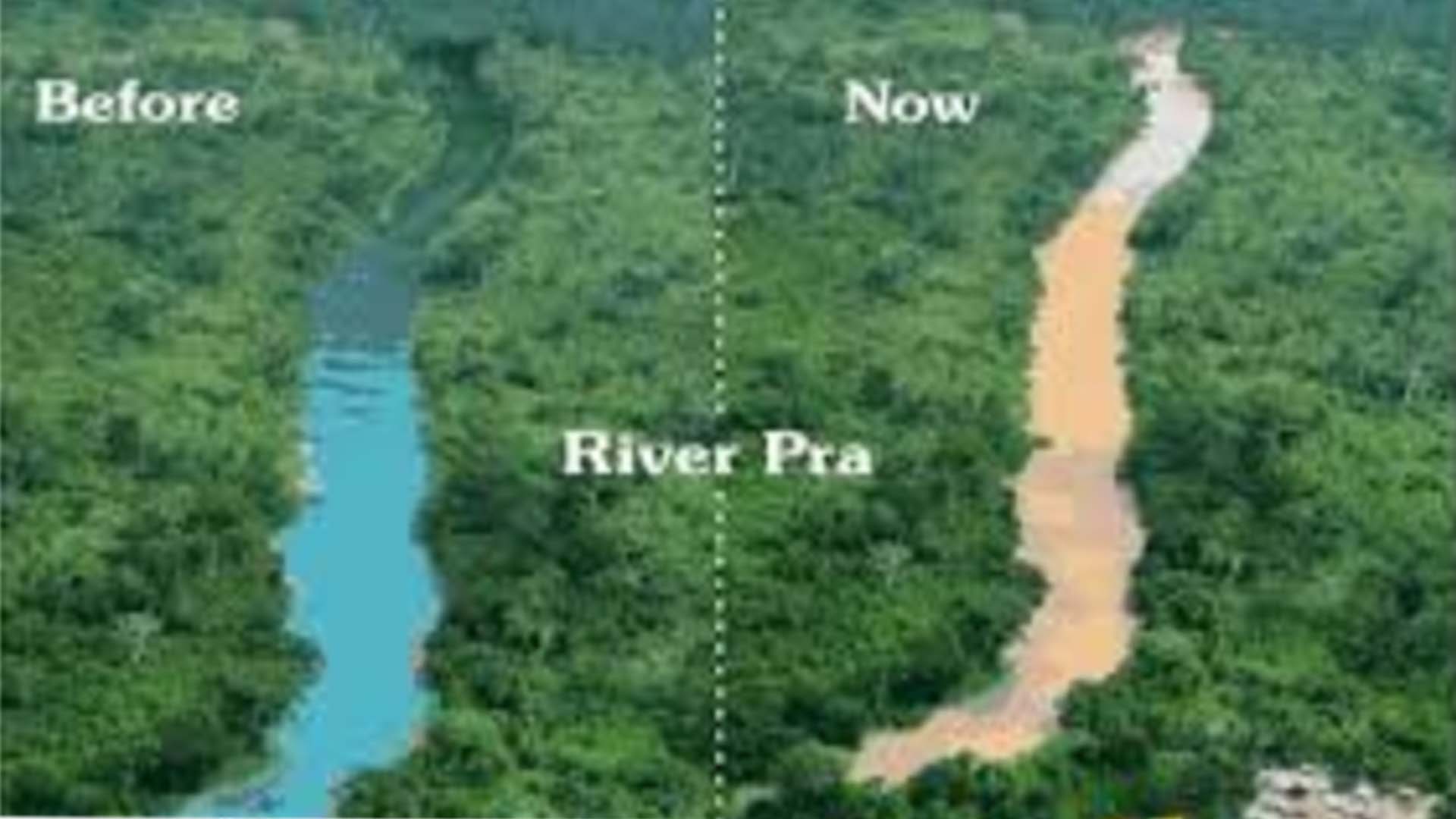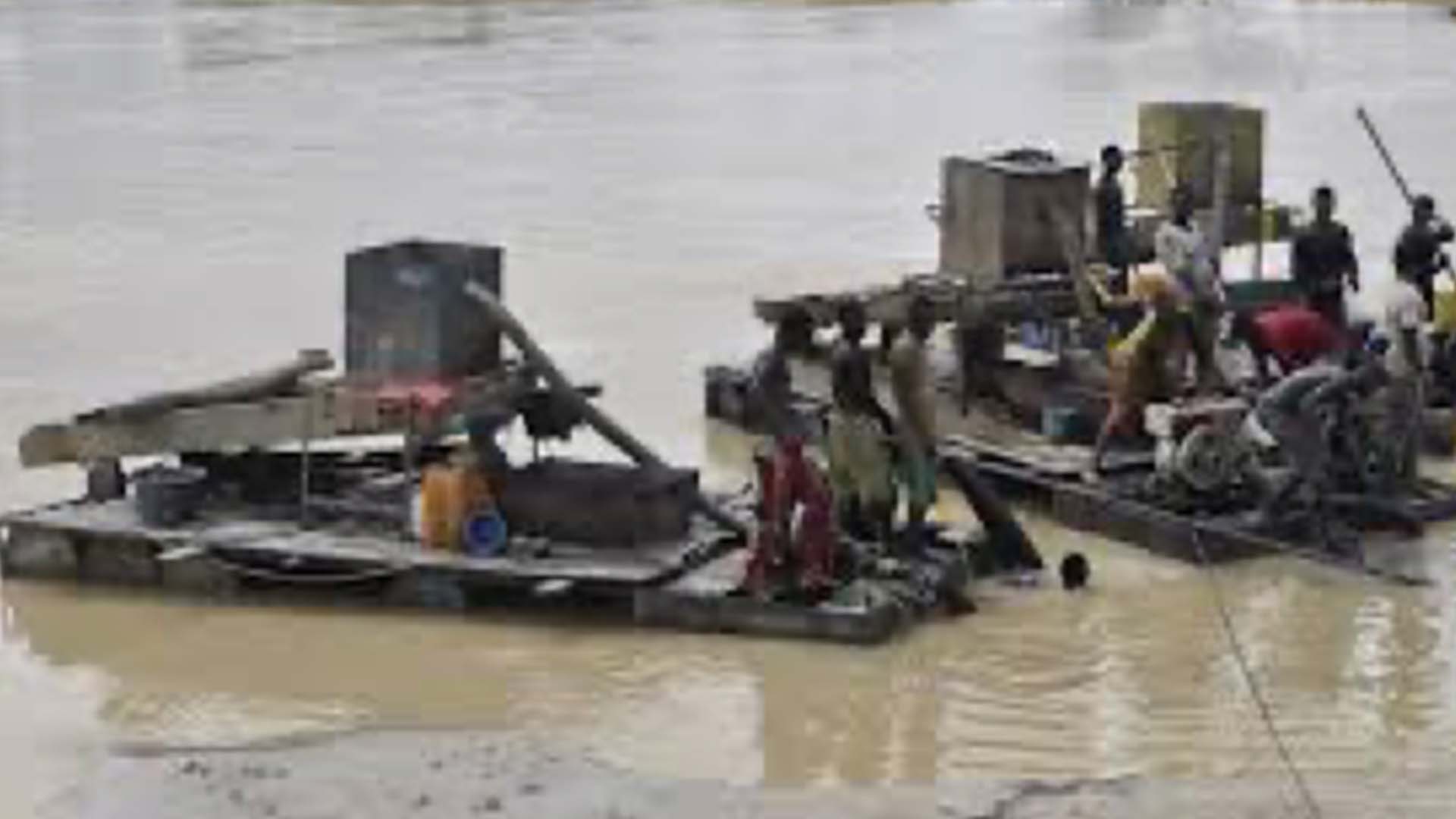Our History
Recently, Artisanal and Small-scale Mining (ASM) activities in Ghana pose great challenges to governments, individuals and specifically, the environment. It is indeed a great danger to the economic and environmental future of the country. For this reason, Ghana has put in various policies and models to solving this huge and complex problems bedeviling our communities such as several mining laws, military and taskforce operations, education and training programs on effective mining methods, etc .
However, today in Ghana, these problems have become more like environmental carcinogenic – despite several approaches which have been applied to remedying the situation, the problems keep aggravating.
The problems are indeed affecting the land, the forest, river bodies, human and animal lives, etc, culminating into huge losses of farmlands, loss of properties, regular community flooding, famine, diseases, etc.
Besides the land and natural resources being wasted as a result of mad-rush and irresponsible mining of gold, these miners operate without license, are not part of the GNASSM, don’t pay any tax, don’t care about the safety of their lives and the environment, etc. In certain parts of the country, over 1000s of hectares of farmlands have been abused and abandoned, millions of cocoa trees have been cut down and large hectares of natural vegetation and forest have been destroyed. Agricultural activities in these localities have almost halted leading to famine, diseases, floods and other challenges including freaking health issues in these areas.
Many of the lands are mined without reclamation. The river courses have been diverted, mined and abandoned and no one cares.
The forest has been destroyed and no one cares to replant the trees. Most river bodies which used to have its sweet, natural colours have become brown, muddy and does not fit to serve any household use.
For these reasons and others, Ghana in the year 2017, completely banned the activities of the Small-scale mining entirely in trying to solve the problem. However, the results could not eradicate the problem – it rather brought untold hardship among citizens and poverty in the mining communities rose higher. To some, the small-scale mining is their only source of income. Others depend on the miners to survive. Hence the release of the ban and the implementation of various stringent policies were introduced.
It is for these reasons that most miners refused to vote for the NPP government in Ghana’s 2020 election. Again the introduction of Community Mining Program and other alternative livelihood programs introduced by the government are key solutions in dealing with the illegal mining (galamsey) in the country.
However, more effort is needed for the sustainability of these programs.


